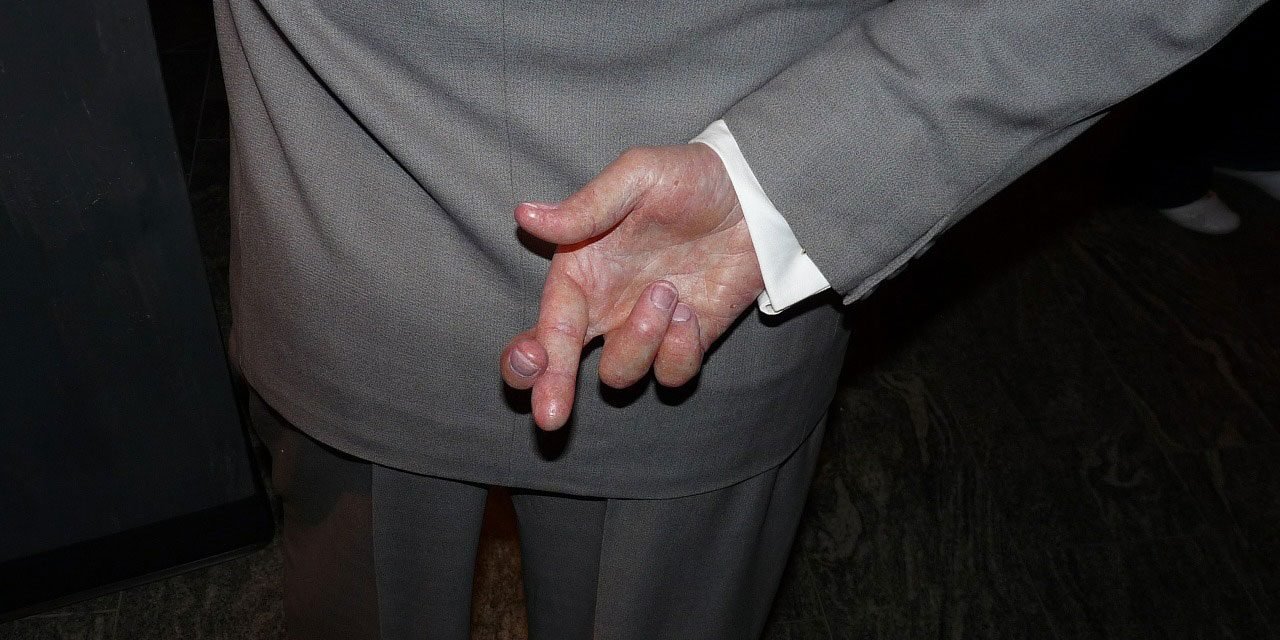“Again, you have heard that it was said to the people long ago, ‘Do not break your oath, but fulfill to the Lord the vows you have made.’ But I tell you, do not swear an oath at all: either by heaven, for it is God’s throne; or by the earth, for it is his footstool; or by Jerusalem, for it is the city of the Great King. And do not swear by your head, for you cannot make even one hair white or black. All you need to say is simply ‘Yes’ or ‘No’; anything beyond this comes from the evil one.“
It is strange to us. Keep your oaths and don’t feel the need to swear by God’s throne, by the earth, by Jerusalem or even by your own head. It’s not something we necessarily do these days. But in the days of Jesus this practice prevailed.
What Jesus was confronting was the issue that the object by which you swore from supposedly gave your oath credence or diminished. From what I understand, if you swore by one thing then it meant something but if you swore by another you really didn’t. It was similar to what kids used to do when they promised something but with their fingers crossed behind their backs which nullified it. The Talmud (book of Jewish traditions) had lengthy treatises on which oaths could be kept and which could be broken.
It’s not a practice we use much today. But the last part? It’s for us.
“Simply let your ‘Yes’ be ‘Yes’ and your ‘No,’ ‘No.’
We live in a culture where we say, “Sure, I’ll be there” and don’t show up. “Yeah, I’ll do it,” but it doesn’t get done without much prodding.
So whether we swear by things but in so doing look to find a way out of the oath, or we say we’ll do something and don’t, we all find ourselves under the truth of these verses.
And on almost every section of Jesus’ sermon on the mountain there was a twisted knife or a shocking conclusion. This one is no different. Because these matters aren’t trivial like we would like them to be. No. Jesus says these “come from the evil one” (Mt 5:36).






